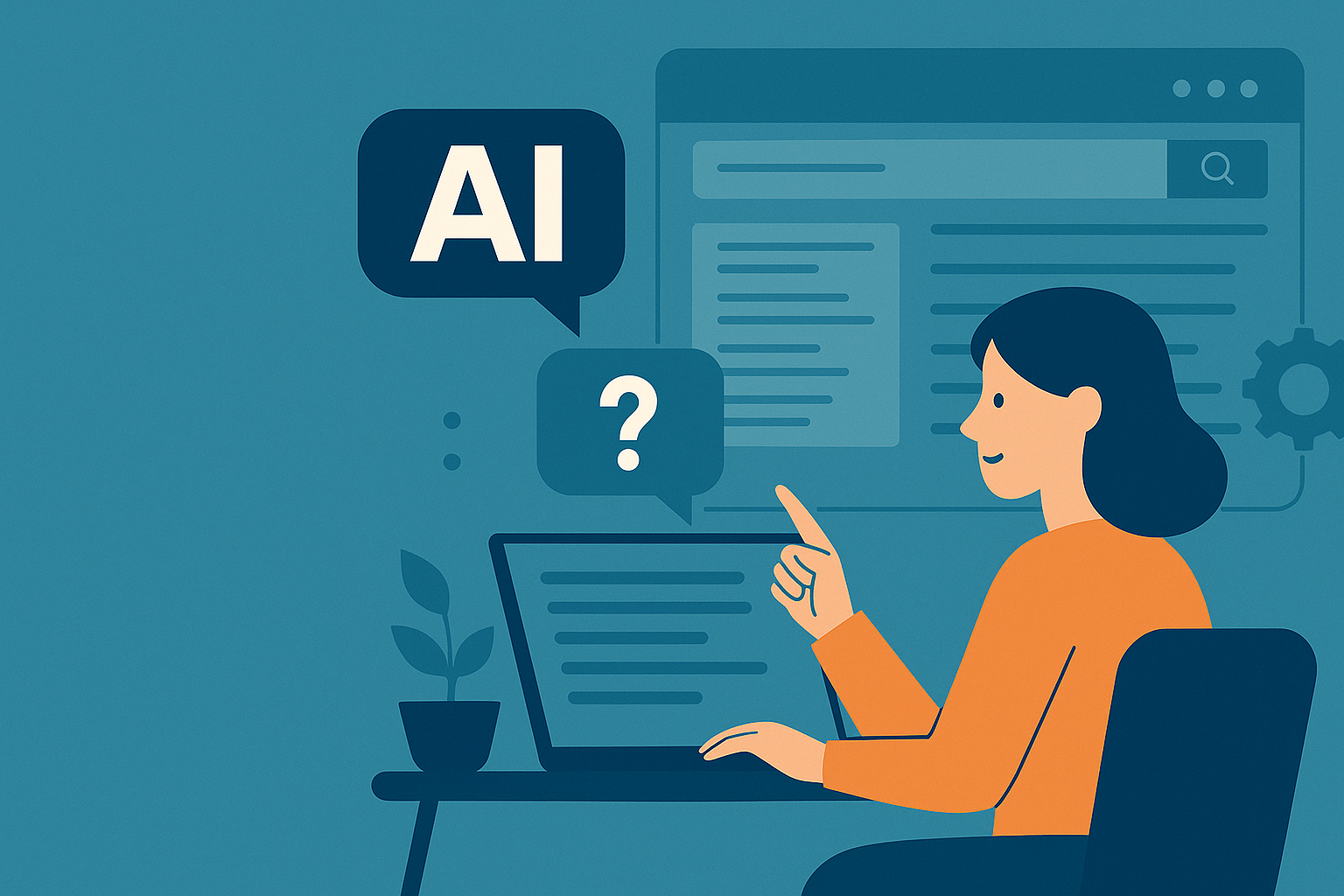Boost Productivity with Intelligent Knowledge Management Systems

In today’s fast-paced business environment, organizations are constantly seeking ways to streamline operations and maximize efficiency. One powerful solution gaining traction is the implementation of AI-powered knowledge bases. These intelligent systems are revolutionizing how businesses manage, access, and leverage their collective knowledge. Let’s explore how these innovative tools can transform your organization’s productivity.
Introduction to AI in Knowledge Management
Knowledge management has evolved significantly over the years, moving from simple document repositories to sophisticated systems that can understand, organize, and deliver information precisely when needed. AI-powered knowledge bases represent the cutting edge of this evolution, using advanced retrieval technologies to transform how businesses handle information.
These systems go beyond traditional databases by incorporating machine learning algorithms that can understand context, recognize patterns, and deliver relevant information based on natural language queries. The result is a more intuitive and efficient way to access organizational knowledge.
Benefits of Implementing an AI-Powered Knowledge Base
Streamlined Information Access
AI-powered knowledge bases eliminate the frustration of searching through multiple documents or systems to find answers. With natural language processing capabilities, employees can simply ask questions and receive accurate, contextual responses instantly.
Knowledge Preservation and Continuity
One of the most valuable aspects of modern knowledge management systems is their ability to preserve institutional knowledge. For example, advanced systems can convert conversations into structured documents that become part of the knowledge base, ensuring that valuable exchanges aren’t lost over time.
Enhanced Decision Making
With faster access to accurate information, teams can make better-informed decisions quickly. This accelerates workflows and reduces the risk of errors caused by incomplete information.
Reduced Operational Costs
By minimizing the time employees spend searching for information, organizations can significantly reduce operational costs while improving service quality and consistency.
Features to Look for in a Knowledge Base Solution
Flexible Architecture
Look for systems with flexible database structures that can accommodate your organization’s specific needs. Some solutions offer options for either single knowledge base per database or shared databases for multiple knowledge bases.
Robust Processing Capabilities
Effective AI knowledge bases should handle complex processing efficiently, with the ability to quickly analyze and retrieve information from large document collections.
Conversation Preservation
The ability to transform ephemeral conversations into permanent, searchable knowledge base entries is invaluable. This feature ensures that the insights and solutions developed during team interactions become part of your organization’s collective intelligence.
Integration Capabilities
The most effective knowledge management systems can integrate with your existing tools and workflows, including CRM systems and communication platforms.
Case Studies: Success Stories of Businesses Using AI-Powered Knowledge Bases
Small businesses with limited IT resources have particularly benefited from AI-powered knowledge management solutions. These tools allow them to leverage their existing documentation and expertise without requiring significant technical infrastructure or specialized staff.
Many organizations have reported dramatic improvements in customer service response times, employee onboarding efficiency, and overall productivity after implementing intelligent knowledge management systems.
Implementation Guide: Getting Started with Your Own AI-Powered Knowledge Base
-
Assess Your Knowledge Management Needs: Identify the types of information your team frequently needs to access and the current pain points in your knowledge sharing processes.
-
Choose the Right Solution: Look for a system that balances sophisticated AI capabilities with user-friendly interfaces, especially if your organization lacks dedicated IT support.
-
Prepare Your Documentation: Organize existing knowledge resources for ingestion into the new system.
-
Plan for Continuous Improvement: Set up processes to regularly update and refine your knowledge base as new information becomes available.
-
Train Your Team: Ensure everyone understands how to effectively use the new system to maximize its benefits.
Future of Knowledge Management: Trends and Predictions
The future of AI-powered knowledge management is moving beyond simple information retrieval toward comprehensive workflow automation. Modern systems are evolving to focus on practical work “flows” rather than just information storage, with capabilities to transform documentation into actionable team SOPs and automate client communications.
We’re also seeing the integration of multi-agent protocols that allow for quick integration of various tools, expanding the capabilities of knowledge management systems beyond simple question-answering to become central hubs for business process automation.
Conclusion
AI-powered knowledge bases represent a significant opportunity for businesses of all sizes to improve efficiency, preserve institutional knowledge, and streamline operations. By implementing these intelligent systems, organizations can ensure that their collective knowledge becomes a strategic asset rather than a scattered resource.
As these technologies continue to evolve, the gap between simple information retrieval and sophisticated business process automation will continue to narrow, offering even greater potential for productivity improvements and competitive advantage.
Is your organization ready to transform how it manages and leverages knowledge? The tools are available today to begin that journey toward greater efficiency and effectiveness.